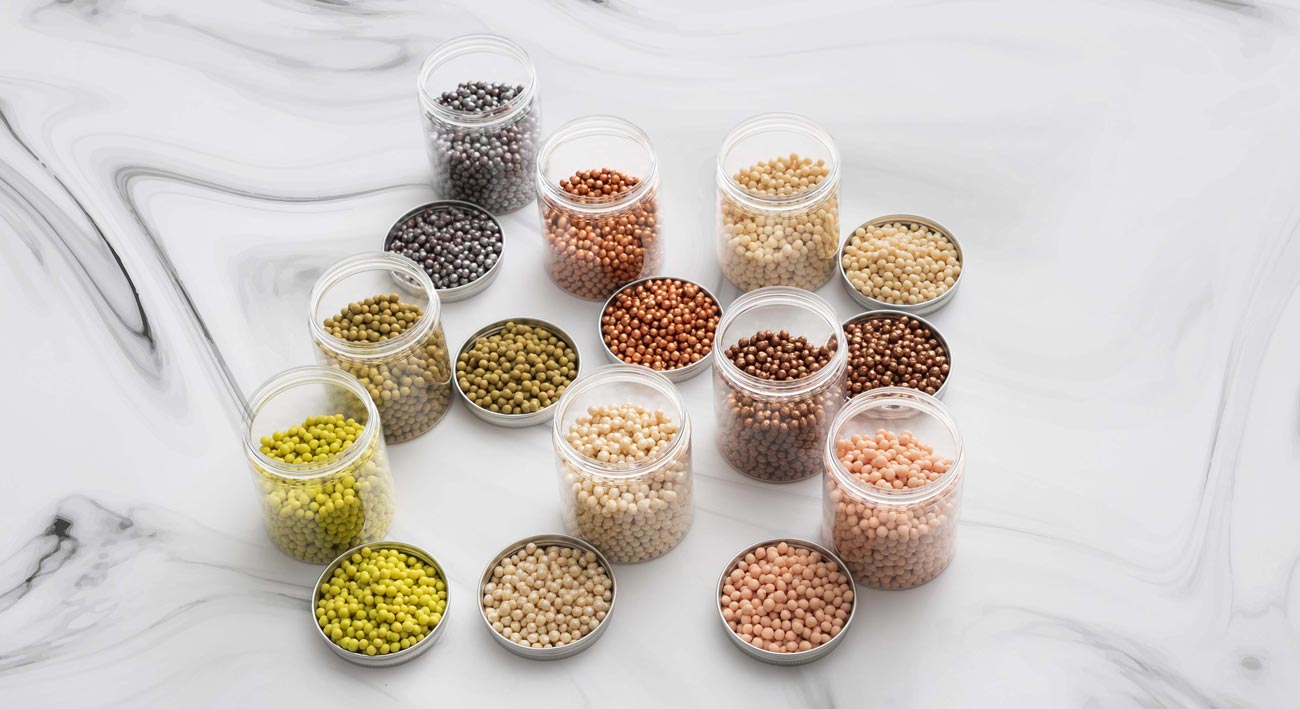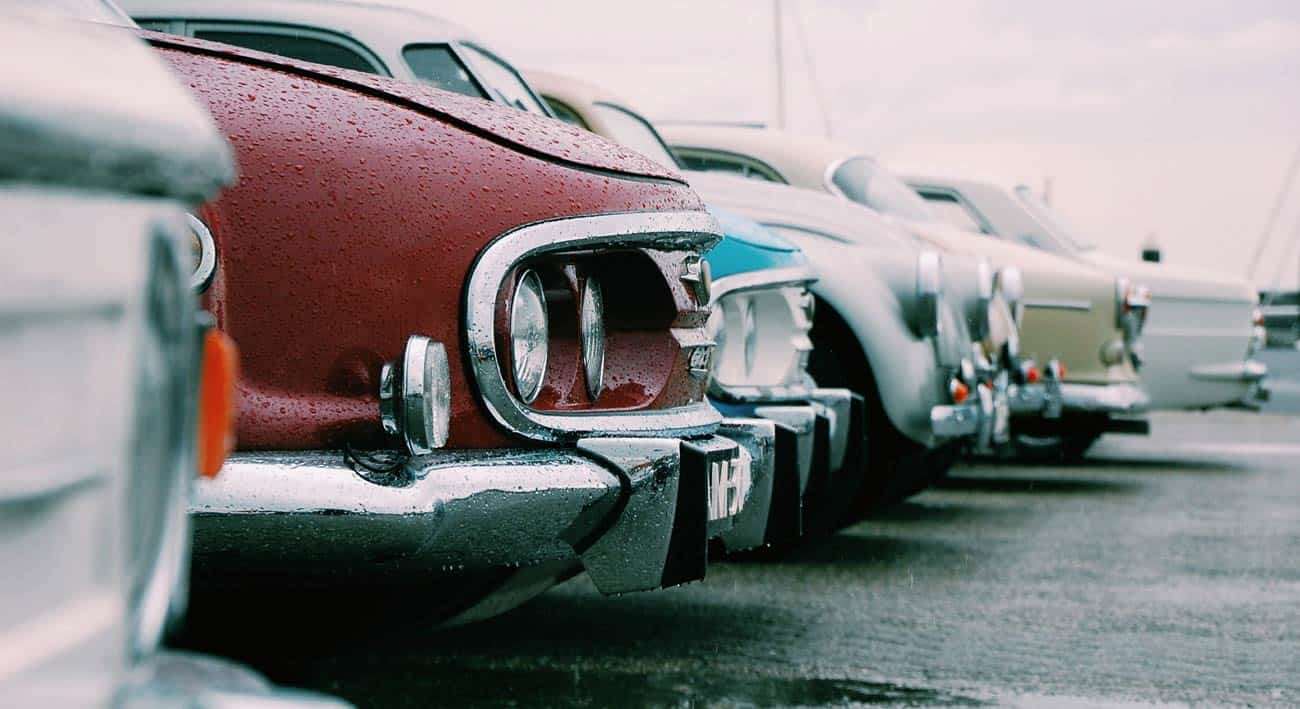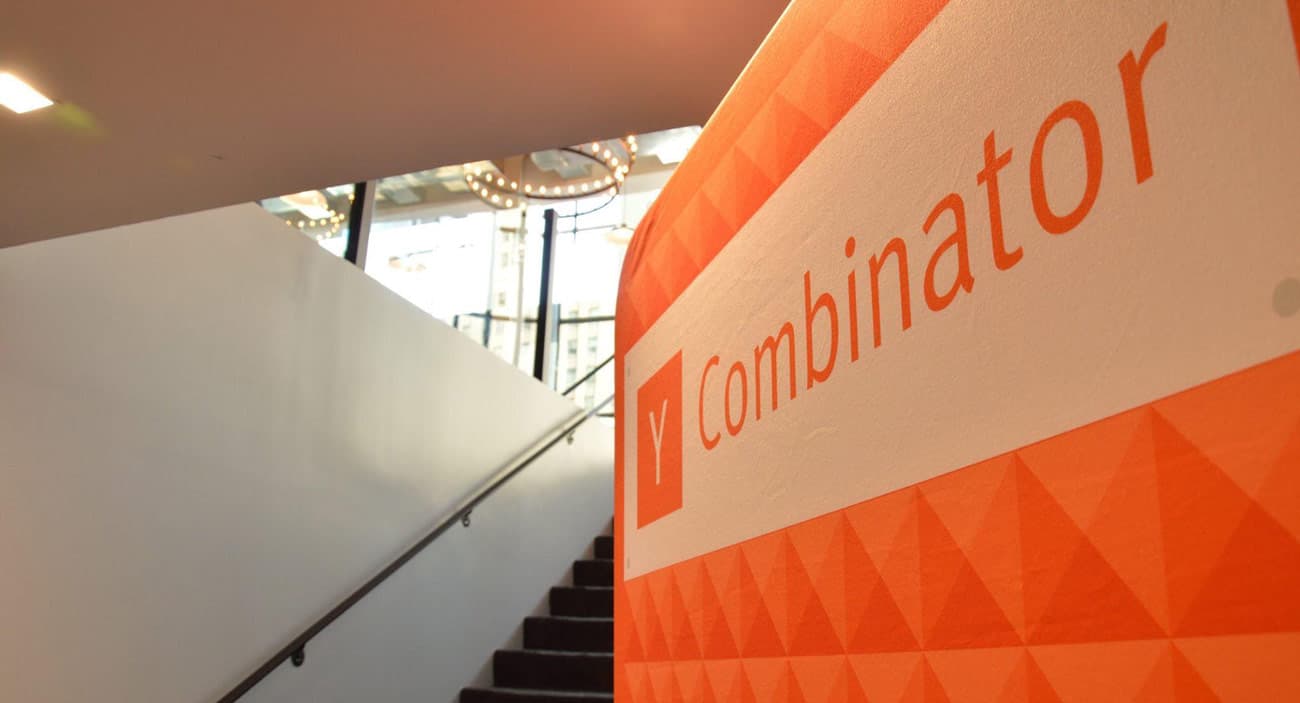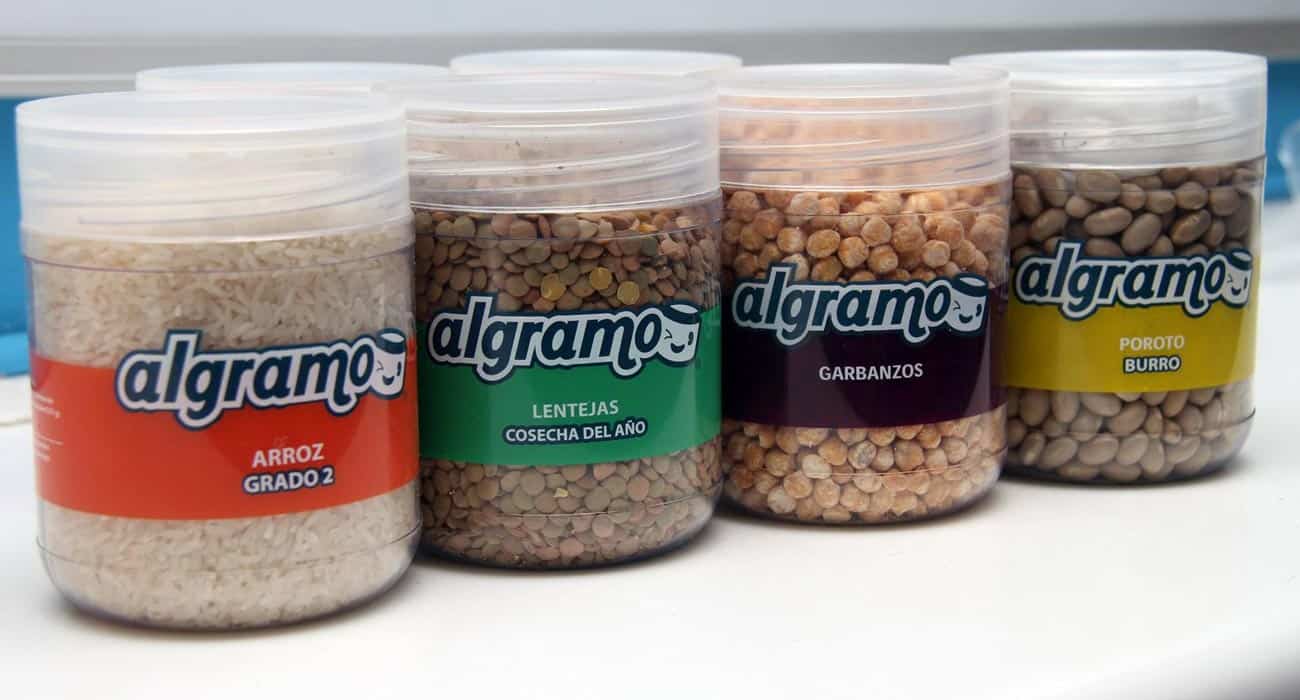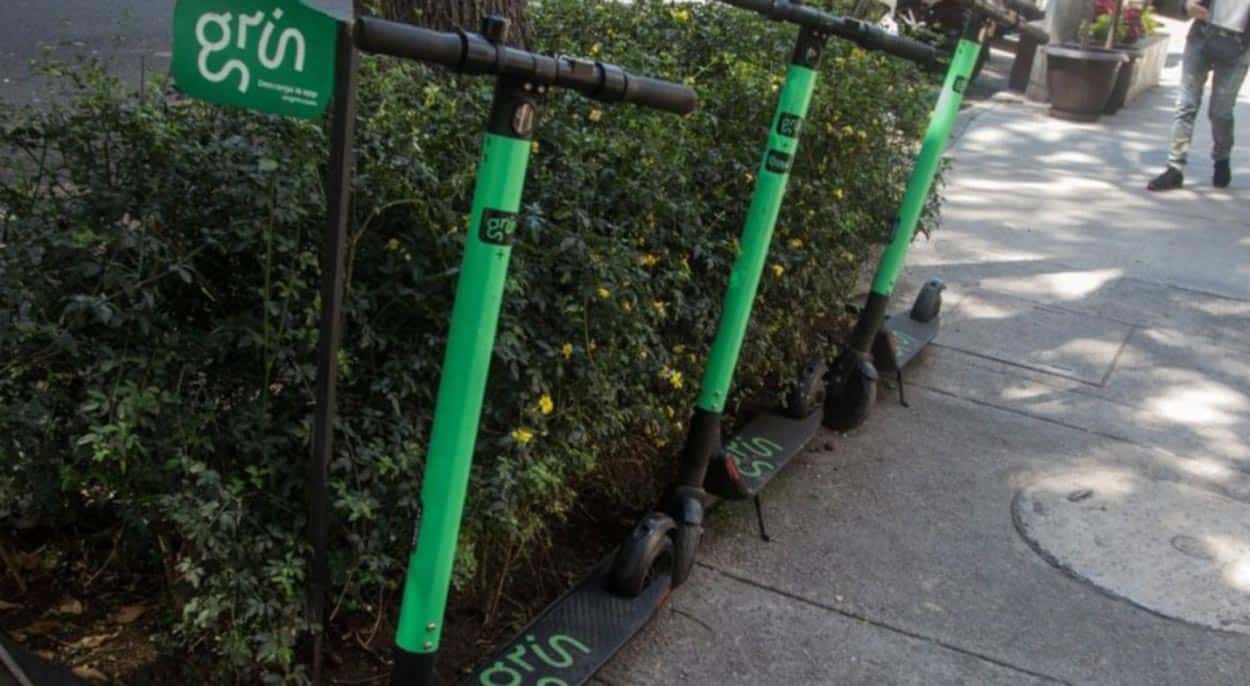Contxto – Teamwork makes the dream work. Proving this is Verdeca, a joint venture between U.S. company Arcadia Biosciences and Argentine startup Bioceres. Together, these biotechs developed a drought-resistant soybean known as HB4 that recently passed the regulatory review from the U.S. Department of Agriculture (USDA).
Making history
Earlier this month, Argentine biotech Bioceres reportedly became the first Latin American company to successfully overcome the USDA appraisal process for new seed variety.
Positive repercussions have already ensued, such as shares going up more than 13 percent on the New York Stock Exchange. This is a four-month high, according to sources.

Bioceres collaborated with U.S. company Arcadia to develop this drought and water-stress resistant seed. FDA’s authorization has been two years in the making. Following suit, this will allow for commercialization in the United States among other countries.
“HB4 is a novel soybean trait that enhances the traditional herbicide tolerance package to provide yield stability across diverse environments,” said Martin Mariani Ventura, general manager of Verdeca.
“Approval of this technology in the United States is a significant step for the successful commercialization of HB4 technology in the global soybean market.”
Specifically, HB4 soybean developers expect it to benefit soybean producers via quality improvement, stress mitigation, as well as management practices. Drought-resistant seeds are expected to be a hot commodity due to its novelness.
“This approval is unique because large multinationals don’t have this technology,” said a Bioceres correspondence.
China’s pending approval
Bioceres says that it won’t commercialize the strand until China agrees to the terms by the end of 2020. China happens to be the world’s largest importer of soybeans. On the other hand, Argentina, Brazil and the United States are the largest producers.
Once China approves, “We will penetrate 15 to 25 percent of all soy acreage in Argentina with HB4 in a period of three to five years,” said Federico Trucco, chief executive of Bioceres.
Around 17.3 million hectares were allocated to soy during Argentina’s 2018-2019 harvest, according to the Rosario Board of Trade. Soy products could reach 56.5 million tones.
All the while, China has bought 92 percent of the 3.67 million tons of soybeans that Argentina exported in 2018. Besides China, Paraguay, Bolivia and Uruguay are also currently considering HB4 regulations.
-JA
